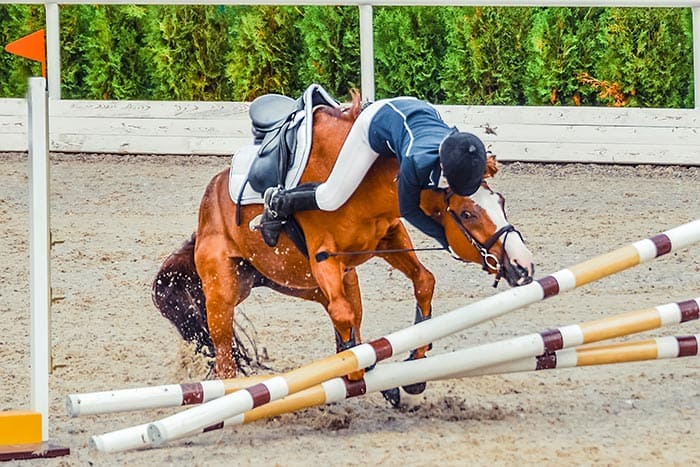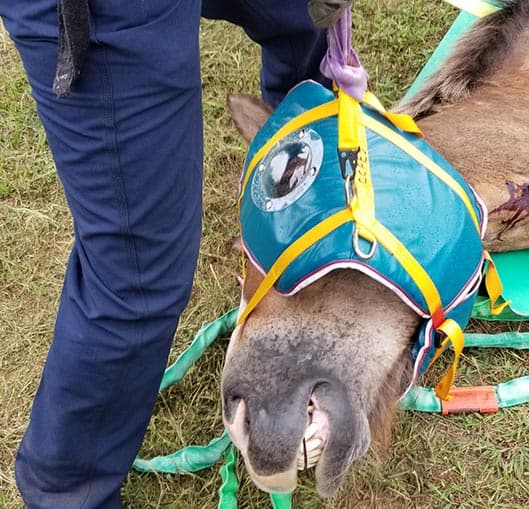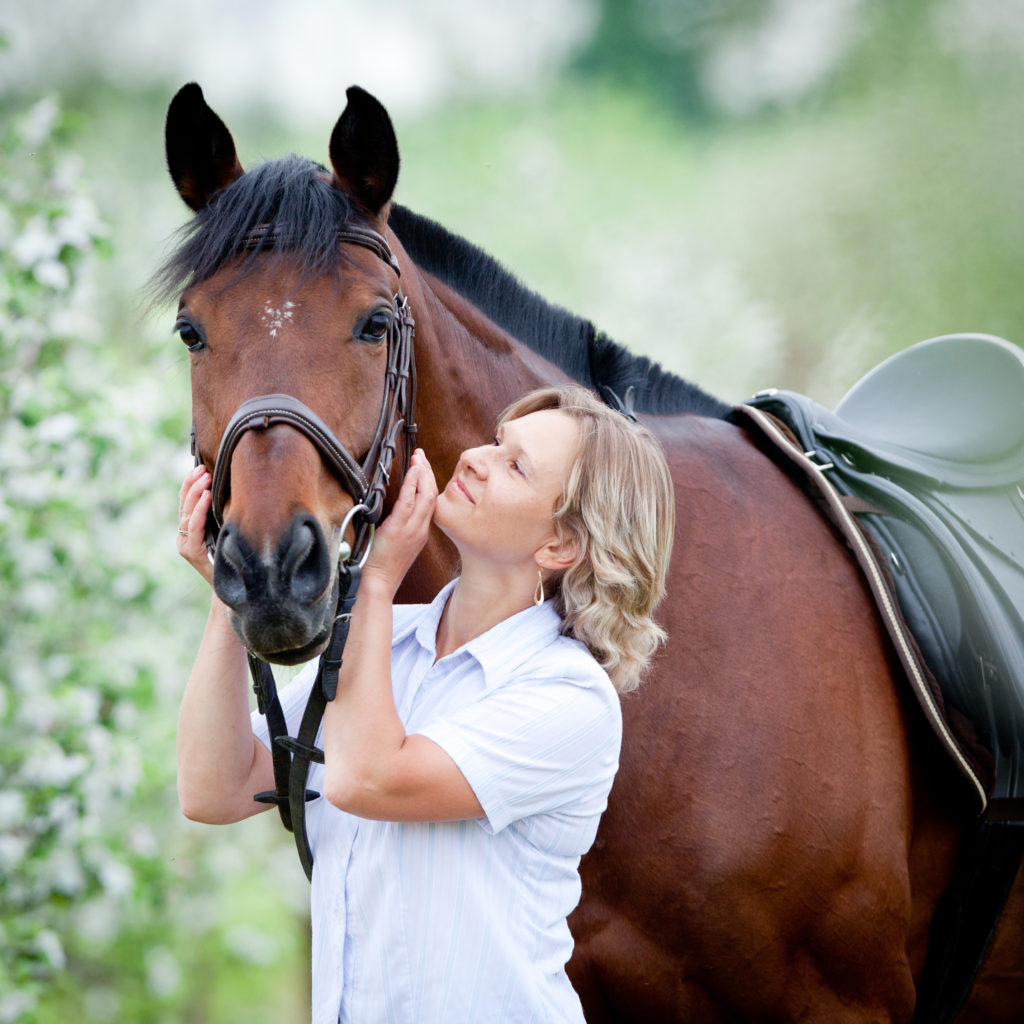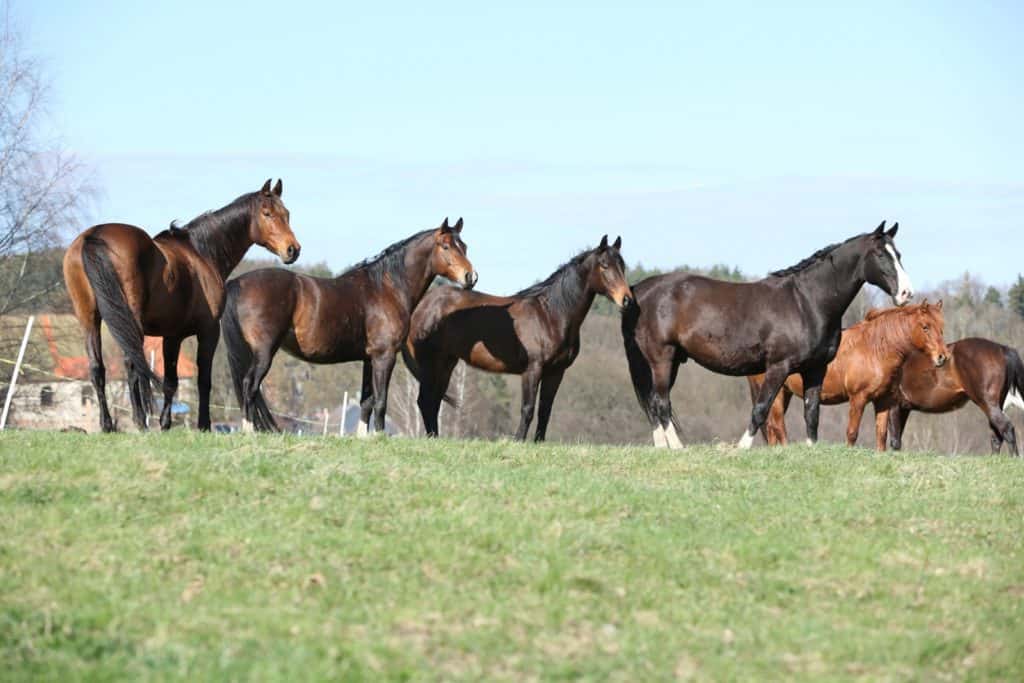
Study: Elite Dressage Horses Are ‘Reasonably Comfortable’
Dr. Sue Dyson and her research team evaluated facial expressions and body language of FEI World Cup dressage horses and found that, overall, the animals experience little discomfort while competing.






























